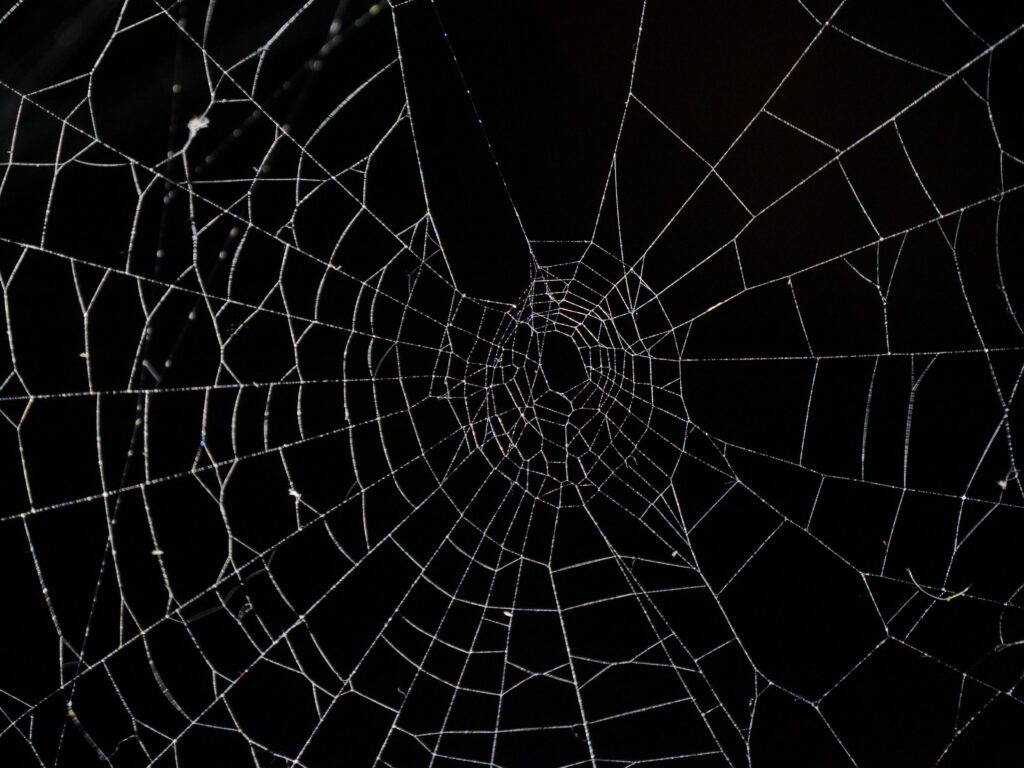Zulema Ali
Already immortalised in documentary, the infamous ‘Spider Killer’ has also become the subject of Ali Abbasi’s newest thriller Holy Spider. Based on the murder of 16 women by a man seeking to cleanse the streets of ‘immorality’ and ‘sin’, the film is smothered in the intoxicating web of his misogynistic mentality.
Premiering in Cannes last year, Ali Abbasi’s newest thriller Holy Spider has been the recipient of much acclaim and controversy. This isn’t a film to be taken lightly. The timely release coincides with the protests in Iran that have garnered global media attention, where women have taken centre stage of demonstrations against the so-called ‘morality police’ and patriarchal structures that rule the country. Mirroring the sentiments felt in Abbasi’s film set some twenty years earlier.
“You are left wondering how a killer in plain sight can be left unbothered for so long.”
The film is inspired by the real-life case of a serial killer, Saeed Hanaei, labelled the ‘Spider Killer’ in the press, who murdered 16 women between 2000 and 2001 in the North Eastern holy city of Mashhad. Holy Spider is a fictionalised account of the murders and the ideological environment that inhabits the city.
A self-titled martyr, the murderer, eerily played by Mehdi Bajestani, acts on the supposed words of God to cleanse the holy city of all things deemed sinful. The killer targets sex workers, indicating why his crimes seem so neglected by the authorities. He is a man that wants to get caught. He wears no disguise and self-reports the location of the bodies to the press. You are left wondering how a killer in plain sight can be left unbothered for so long. The answer is painfully obvious.
The story is developed through the fictionalised journalist Arezoo Rahimi, brilliantly played by Zar Amir Ebrahimi, who won the best actress at Cannes for her performance. After being fired from her previous position when she reported her boss for sexual harassment, she travels to the city from Tehran to investigate the string of murders that have been happening. Rahimi becomes a palatable character for the audience to engage with. She is an established journalist, and an outsider to the murdered women’s existence. Although it’s true Rahimi also suffers at the hands of the patriarchal society, we see the difficulty and frustration of booking a room in a hotel as a single woman, and sexual intimidation faced at the hands of the police. It is still worlds away from the lives of the women working the streets of Mashad at night. The distance between these women sustains the idea that there is a differing importance between them, as their worth as women are calculated very differently.
“why a film would set out to humanise a man that has killed 16 women.”
While the film can be viewed as an attempt to create a narrative about the social position of women in Iranian society, it instead victimises them. The murdered women are left as two dimensional characters, the longest part of their screen time is their murders which are shot in graphic detail. We come to see them as drug abusers walking the streets. There is some understanding of their position, they are trying to make money to support their families, but their stories are left there. The narrative leaves them further neglected and ignored.
We instead get to share a lot of screen time with the killer. Terrifyingly calm and methodological we watch as he picks up the women and takes them back to his home which only seconds earlier we saw filled with family and laughter. Following moments of kindness with his family that give him a human touch, one is left wondering why a film would set out to humanise a man that has killed 16 women.
The last scene in the film was perhaps its most poignant. The haunting realisation that the killer’s conviction isn’t the end of the tragedy. The real crime is the evasive cloud of the collective mentality which cultivates these beliefs and supports the murders of these women, killed for a ‘greater good’. The violence is far from over. It has just been handed over to a different generation.
Featured image courtesy of Rafael Garcin via Unsplash. Image license can be found here. No changes were made to this image.

